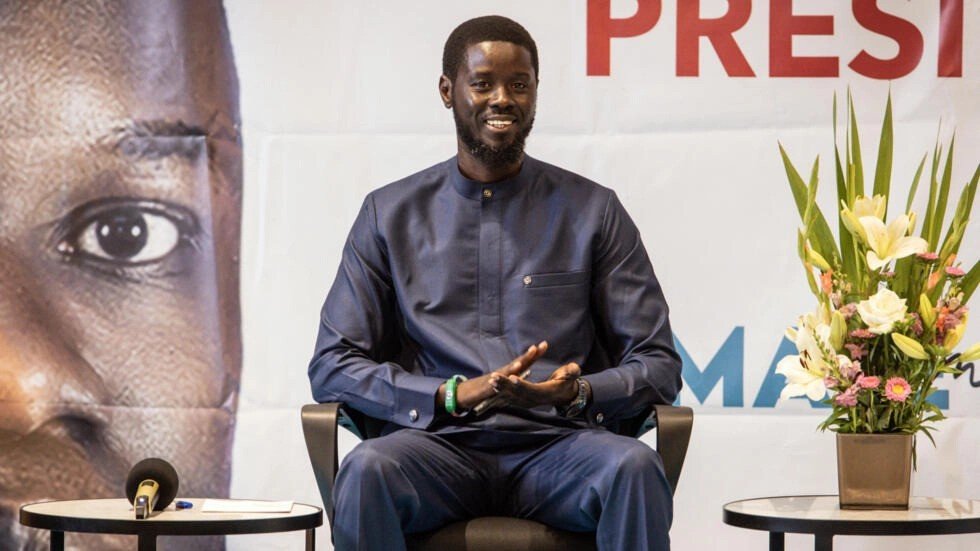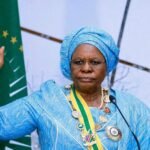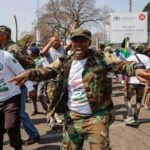Senegal has made headlines with the election of its youngest president, Bassirou Diomaye Faye, following a peaceful presidential race. Former Prime Minister Amadou Ba gracefully accepted the results, acknowledging Faye’s lead. With approximately 54% of the votes from 90% of polling stations, Faye stands ahead of Ba’s 36% in the initial count.
Ba displayed sportsmanship by commending Faye on his prospective win even before the official announcement, emphasising the positive direction of the election trends. Senegal’s departing President Macky Sall joined in to celebrate the success of Faye, seeing it as a triumph for the nation’s democracy.
The elections saw high voter turnout with citizens eagerly deciding among 17 candidates. President Sall, during his vote, advised against early victory declarations.
Initially scheduled for last month, the election was delayed by President Sall, sparking significant unrest and a political crisis. In a country that has been a model of democratic values, over seven million voters participated, wrapping up the day in peace as they readied to end their Ramadan fasts at sunset.
Amid this political landscape, a 44-year-old, recently freed from prison on insurrection charges he claims were politically motivated, emerged as a key figure. His associate, Ousmane Sonko, also released through an amnesty aimed at easing political friction, participated in the elections, expecting a “dazzling victory”.
The election highlighted a generational shift, with a 25-year-old voter emphasising its significance for the youth and encouraging their active participation. Meanwhile, an 84-year-old voter, Diégane Gueye, stressed the election’s importance for the future of the nation.
Challenges surfaced in Keur Massar, where outdated ID cards prevented some from voting, despite their names being listed, reflecting changes in voting districts.
Globally, observers kept a keen eye on Senegal’s elections, considering it a step towards mending its reputation after the delayed vote. President Sall maintained that the postponement was necessary and lawful, responding to electoral concerns from parliament without regrets for his decision.
In the streets, young people were dancing, singing, waving the Senegalese flag and honking their car horns. In Ndiaganiao, Mr Faye’s hometown 80km (50 miles) east of Dakar, residents were seen congratulating each other as if to express this as a victory for the whole community.
After experiencing one of its worst political crises, for many, this victory symbolises hope for Senegal’s future.










